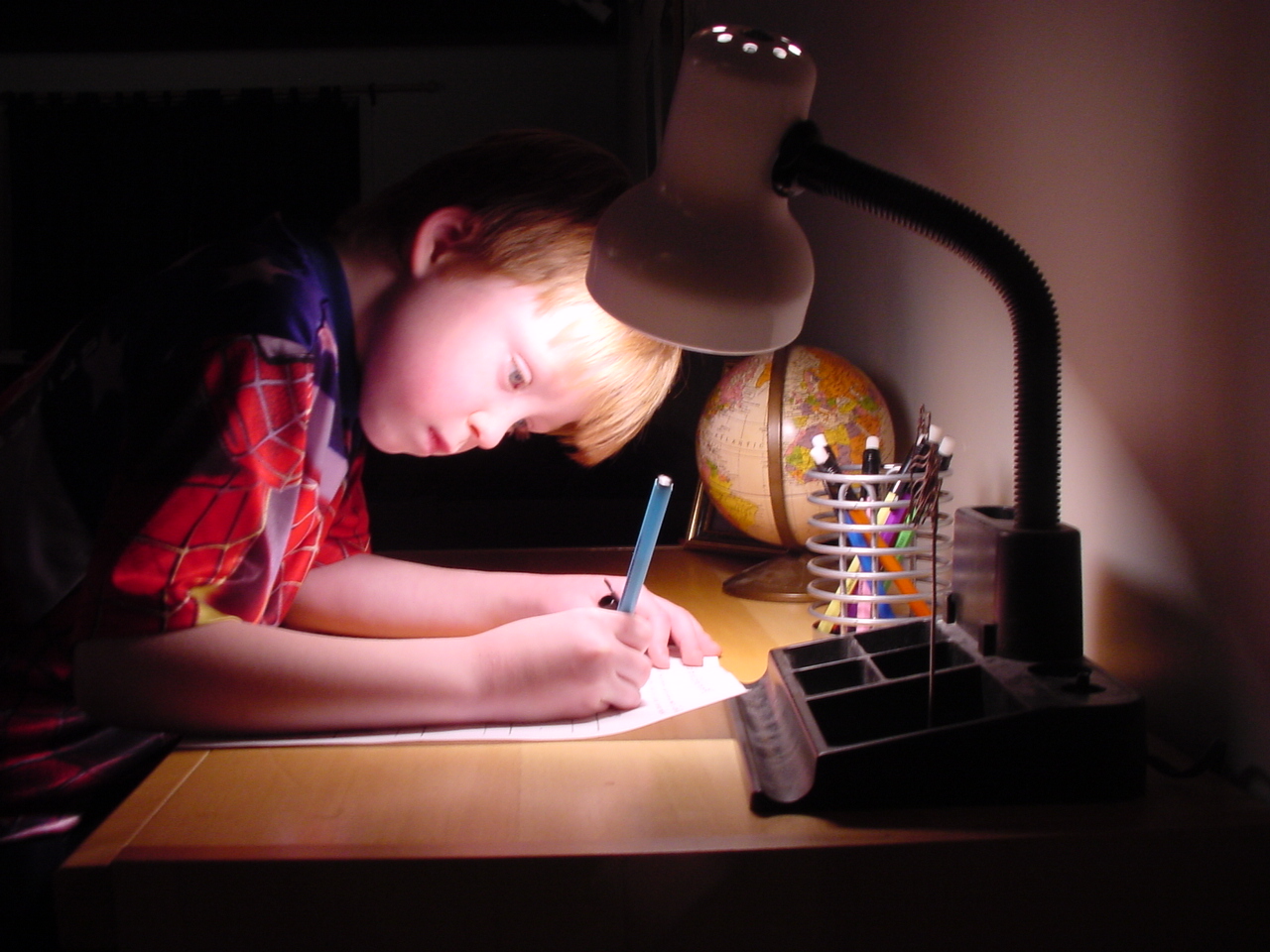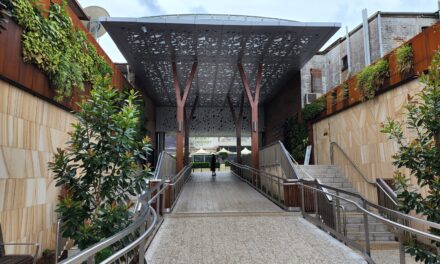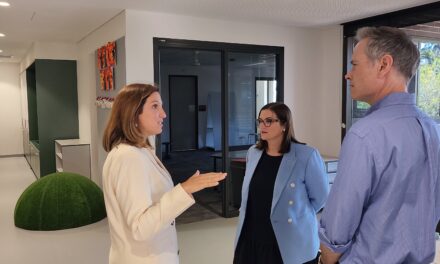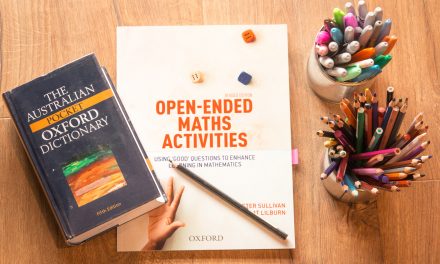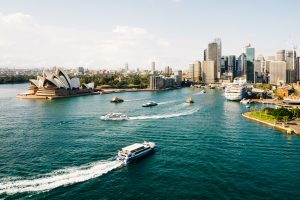Australia’s education standards may be slipping. John Seroukas reports.
According to a report by the Organisation for Economic Co-operation Development (OECD), Australia’s international education ranking has dropped in every major category by at least five places since 2003. Singapore, Hong Kong, South Korea, Japan and Taiwan make up the report’s top five rankings.
In light of the Education at a Glance Interim Report, the Federal Government has joined the Coordinating Council for International Education (CCIE).
“This is a vision that requires a coordinated and consistent approach across all levels of government,” said Minister for Education and Training, Christopher Pyne. “It is essential that the strategy is developed in partnership with education providers, industry and the wider community.”
The report ranks 15 year-olds from 76 countries in literacy, maths, science and computer skills. In the last full report, Australia’s rankings in all four categories had slipped. The interim report indicates this trend is likely to continue.
“The work the Council does to finalise a national strategy for international education will deliver enormous benefits to the Australian community,” Minister Pyne said.
The report correlates education with the long-term wealth of a country, stating, “Poor education policies and practices leave many countries in what amounts to a permanent state of economic recession.”
“Over 130 000 jobs around Australia depend on international education,” said Minister Pyne.
“Our relationships overseas, particularly in Asia, are closely linked to the quality of our education services.”
The report also found a large disparity in results between Australia’s Indigenous and non-Indigenous students. In the last report, Indigenous students scored an average 87 points lower than non-Indigenous students in literacy. In maths, they scored on average 90 points lower than non-Indigenous students, and 84 points lower in science.
There was also a disparity in results between students born in Australia and those born overseas. Across all four categories, students born in Australia on average achieved scores 10 per cent higher than those who were born overseas.
Sven Wright, media officer for the NSW Department of Education and Communities (DEC), said the Department is committed to improving education.
“Those who complete school are more likely to successfully complete further study or training, be employed and earn higher wages than early school leavers,” Mr Wright said. “In recognition of this, NSW raised the school leaving age from 15 to 17 in 2010.”
The DEC has also devised a five year strategic plan for 2012-2017, which aims to deliver better education and encourage students to pursue post-school training. Early success for the plan can be seen in a research report by the University of Melbourne. It found that in 2013, 52.5 per cent of students completing school enrolled in university, as opposed to 51.8 per cent in 2012.
There are also generational improvements. In 2013, 46 per cent of people in NSW aged 25-34 have been tertiary educated, as opposed to 30 per cent of those aged 55-64.

